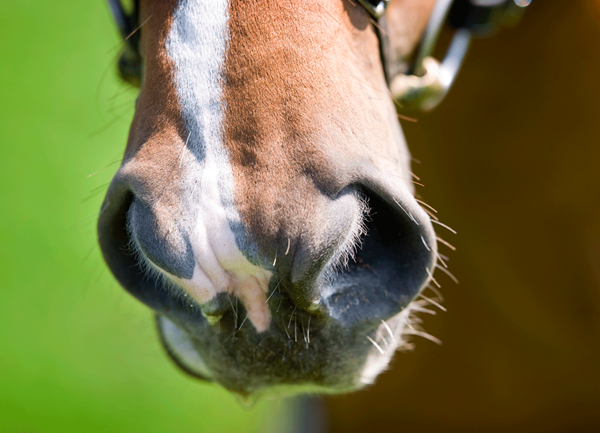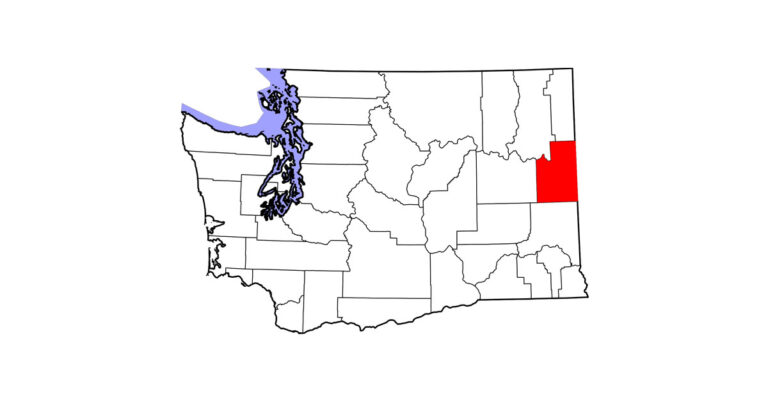
The combination of a low-dust diet and a supplement containing omega-3 fatty acids can help horses with chronic breathing problems and could even reduce their need for corticosteroids and other drugs, veterinarians at Purdue University have found.
The Purdue researchers tested a commercial omega-3 supplement in horses with two lower-airway conditions: inflammatory airway disease and recurrent airway obstruction, or heaves. IAD often appears in young horses in training; poor performance and a cough at the start of work are typical signs. RAO, more common in older horses, produces signs ranging from coughing and exercise intolerance to difficulty breathing even at rest. Both conditions involve inflammation in the lungs and bronchial tubes and both are aggravated by airborne irritants such as dust and mold. “Because of the striking resemblance to human asthma, IAD and RAO are considered mild and severe forms of equine asthma, respectively,” says Laurent Couëtil, DVM, Diplomate ACVIM, director of equine research programs and the Equine Sports Medicine Center at Purdue’s College of Veterinary Medicine.
Thirty-five horses with a history of these conditions were enrolled in the study, which was set up as a randomized, placebo-controlled, double-blinded clinical trial. They came to Purdue for an initial evaluation that included clinical scoring of signs such as coughing and respiratory effort, blood and pulmonary-function tests and bronchoalveolar lavage (BAL), which provides information about the degree of inflammation in the lungs. Then they returned home, where their owners carried out the treatment and monitored their signs for eight weeks.
The supplement used, Aleira® (Arenus), is derived from algae, a rich source of the omega-3 fatty acid docosahexaenoic acid. It also contains vitamin C, methylsulfonylmethane and a mushroom complex that the manufacturer says has antioxidant properties. Horses were randomly assigned one of three treatments: the manufacturer’s recommended daily dose of the supplement (30 grams, providing 1.5 grams of DHA), double that dose or a placebo. The horses were also switched to a low-dust diet—a complete pelleted feed with no hay.
Neither the owners nor the veterinarians doing the evaluations knew which horses received which treatment. Thirty-two of the horses completed the study and returned to Purdue for a second evaluation. When the researchers analyzed the results, they found:
• All horses improved on the low-dust diet, but those receiving the supplement did significantly better than those on the placebo. They showed more improvement in clinical signs and they had better results in BAL and pulmonary function tests than the placebo group did.
• In horses getting the supplement, clinical signs began to improve in the first two weeks and continued to improve over five or six weeks. In the placebo group, improvement generally appeared after five weeks and the effects never reached statistical significance.
• Doubling the supplement dose had no added benefits.
• Horses with IAD and with RAO responded equally well to the treatment. In horses with RAO, the eight-week improvement in coughing and respiratory effort was comparable to the effect of three weeks of dexamethasone therapy, as measured in previous research.
The study was carried out by Nora Nogradi, DVM, Diplomate ACVIM, working with Dr. Couëtil and others at Purdue, and was published early this year in the Journal of Veterinary Internal Medicine. It was supported by Arenus, Purina Mills and by a state of Indiana and Purdue University research account that’s funded by a tax on wagering.
—Elaine Pascoe
This article originally appeared in the September 2015 issue of Practical Horseman.










